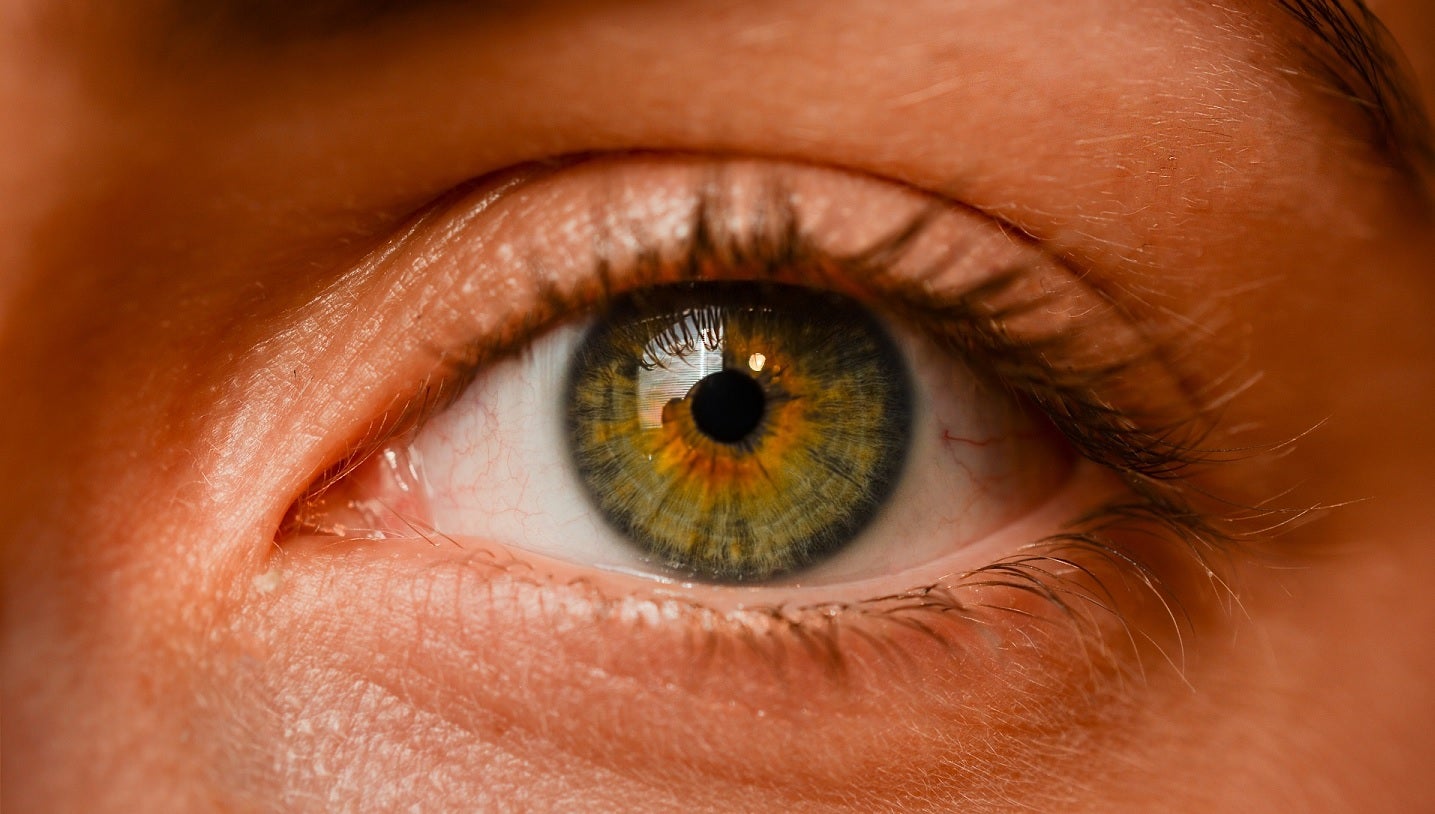
Aldeyra Therapeutics has reported positive top-line data from a 12-month safety clinical trial of reproxalap in dry eye disease patients.
In the multicentre, vehicle-controlled, parallel-group trial, 299 participants received treatment with reproxalap and 148 participants were treated with vehicle.

Discover B2B Marketing That Performs
Combine business intelligence and editorial excellence to reach engaged professionals across 36 leading media platforms.
Visual acuity and ocular safety evaluations, including assessment of corneal endothelial cell density, dilated fundoscopy, intraocular pressure, and slit-lamp examination, were performed at baseline and after four weeks, six weeks, three months, six months, and one year after treatment in this trial.
There were no treatment-related serious adverse events observed in any patient in the trial.
The findings showed that the ocular safety events were similar across the reproxalap and vehicle treatment groups.
Reproxalap was found to be the first chronically administered topical ocular therapy to demonstrate distance visual acuity improvement in adults, in a post-hoc analysis.

US Tariffs are shifting - will you react or anticipate?
Don’t let policy changes catch you off guard. Stay proactive with real-time data and expert analysis.
By GlobalDataMild and transient instillation site irritation was the most common adverse event observed in reproxalap-treated patients.
Aldeyra president and CEO Todd Brady said: “The lack of treatment-related serious adverse events over 12 months confirms the safety profile of reproxalap observed in prior clinical trials, and the potentially landmark evidence of improvement in visual acuity may differentiate reproxalap, if approved for sale, from other therapeutic options for the treatment of dry eye disease.”
Reproxalap is an investigational, first-in-class, small-molecule modulator of reactive aldehyde species (RASP) that are elevated in ocular and systemic inflammatory disease.
It showed consistent statistically significant and clinically relevant activity in several clinical trials.
Last month, Aldeyra commenced the Phase II clinical trials of its new investigational oral RASP modulator, ADX‑629, to treat minimal change disease and Sjögren-Larsson Syndrome.



